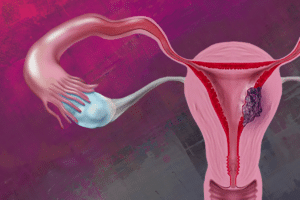 A presentation at the “Pain In Europe“, 7th Congress of the European Federation of International Association for the Study of Pain (IASP) Chapters in Hamburg, Germany reported yesterday that “psychological interventions can mitigate chronic pain, improve the patients’ quality of life and prevent a spiral of ever-increasing disability. But they are only helpful if they motivate patients to live an active life with their pain, instead of attempting to escape the inescapable.”
A presentation at the “Pain In Europe“, 7th Congress of the European Federation of International Association for the Study of Pain (IASP) Chapters in Hamburg, Germany reported yesterday that “psychological interventions can mitigate chronic pain, improve the patients’ quality of life and prevent a spiral of ever-increasing disability. But they are only helpful if they motivate patients to live an active life with their pain, instead of attempting to escape the inescapable.”
According to Prof. Christopher Eccleston, Director of the Pain Research Center in Bath, UK, “a large body of sound scientific studies show that psychological interventions can do much to improve the quality of life in patients with severe chronic pain.”
He continued, “when pain becomes chronic, i.e. persisting for longer than 6 months, it loses its original alarm function and becomes an abnormal signal. Patients, however, tend to extend their normal reaction to acute pain to chronic pain, remaining inactive and seeking analgesia. The result is a vicious cycle of depression, social isolation, narrowing interests and physical decline due to a lack of exercise. This in turn increases pain. Psychological interventions are effective when they help a patient escape from this spiral.”
The researchers evaluated 70 randomized, controlled studies that used psychological strategies to manage pain and that have demonstrated their efficacy in at least three out of eight relevant pain domains in more than 60 percent of studied patients. They found that good results can be achieved in improving activity and coping with pain in daily life. Improvements in emotional well being were shown to be at least moderate. The authors concluded that ‘working on behavioral changes can therefore be a valuable co-therapy along with physical exercise and pharmacological options. Yet much remains to be done.’
Dr Eccleston concluded his presentation by pointing out that “the spreading epidemic of chronic pain calls for harder work on the next generation of new and more powerful interventions. As there are many different types of chronic pain, we need a broader variety of tailored solutions for different clients.”
Source: NewsPost
EFIC Abstract 6: Psychological Interventions For Chronic Pain: Evidence, Opportunities And Challenges







